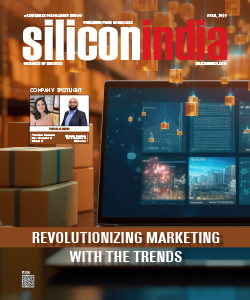Is the National Economy Impacted by the Mindsets of Indian Millennials?

Being the largest demographic group in India (over 34 percent), millennials is characterized by high levels of disposable income and as digitally connected individuals that drives various consumer segments in rapid growth and development. A shift towards consumption economy is noted rather than a saving economy. Indian millennials are entirely different from their predecessors, like buying less gold, thinks marriage is not necessary for a serious relationship to be classified as happy or successful. With the help of smartphones and the internet, millennials grew up learning, sorting and trying out the good experiences of travel, food, and entertainment. The survey from YouGov-Mint states that millennials are likely to take loans to finance both high-value and low-value purchases.
Fifty-seven percent of the Gen Z and millennials said that travel and seeing the world was the top priority for them, where a 49 percent wanted a home, according to the Global Millennial Survey 2019, Deloitte. Buying homes, starting a family and other traditional customs are not fully coveted by millennials and Gen Z. Witnessing the social, political and economic turmoil, these generations built distrust rather than optimism. Last decade marked a steep rise in economic inequality, a reduction in societal safety nets, insular and dysfunctional governments, increased tribalism boosted by the social media, radical changes in the contracts between the employers and the employees, stated the report.
However, with the great spending, millennials are the ones driving the growth of several industries such as fitness, travel, houseplants, skincare, and frozen foods. Apart from these, camping, fast-casual dining, coffee, micro-mobility, personal finance, automotive also finds a slight growth. But, millennials and Gen Z believes that Industry 4.0 makes it harder to get or change jobs.
For millennials, the view on social media is still confusing, as 84 percent say that they’d be healthier and 81 percent believe that they’d be a happy person if they reduce the time spend on social media. Similarly, the views on privacy, identity theft and handling of sensitive personal information is that, 83 percent believe benefits of technology outweigh the risk of leaking of personal information, 82 percent believe that one has to share some personal information to get the most out of technology, whereas 76 percent says, they don’t have a control who uses the personal information or where they use it.
Read More News :
Quantela Join Hands with Cisco to Introduce Outcome-Based Project Financing for Smart City Projects



